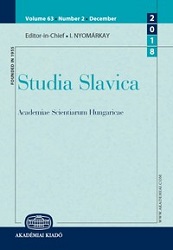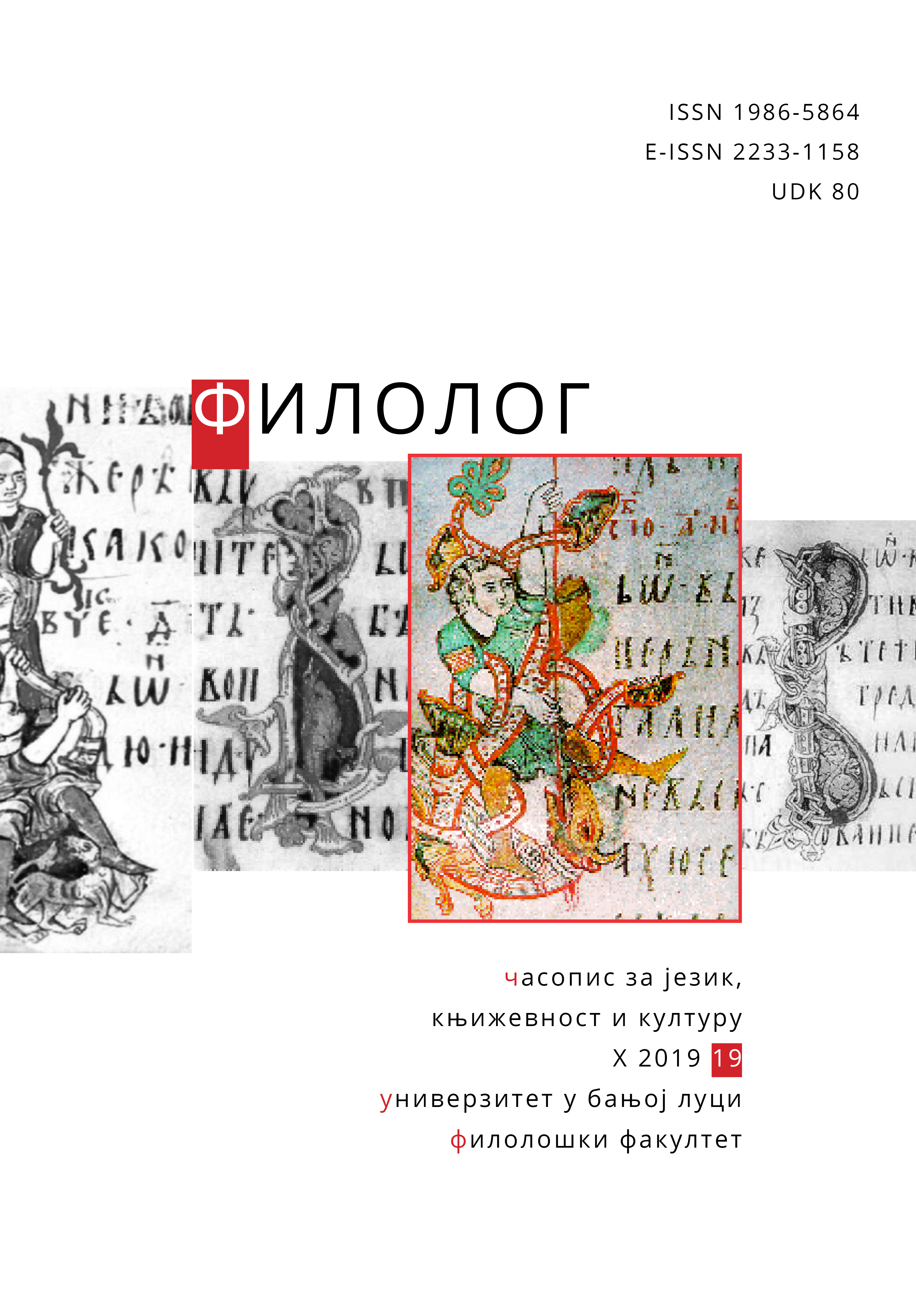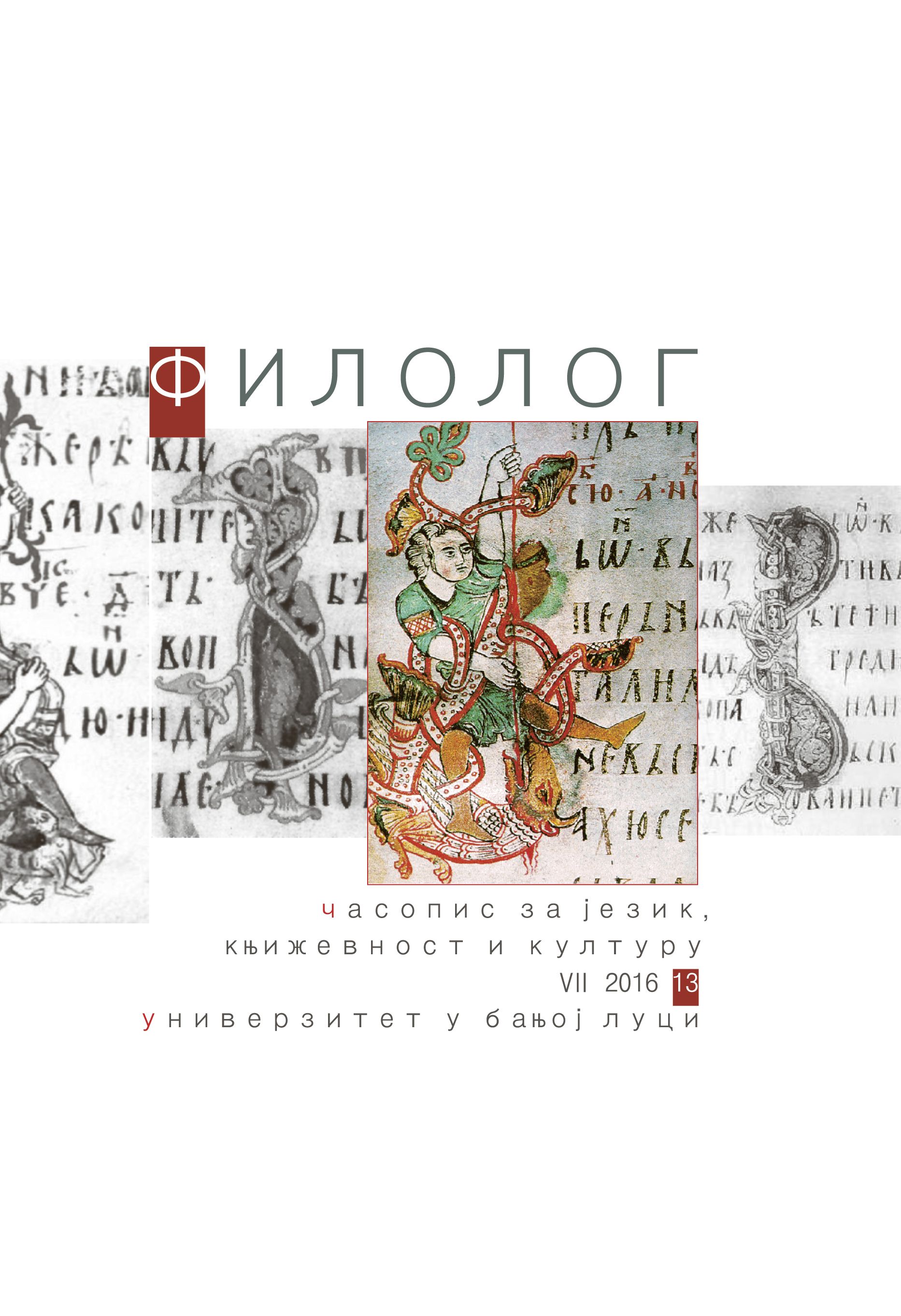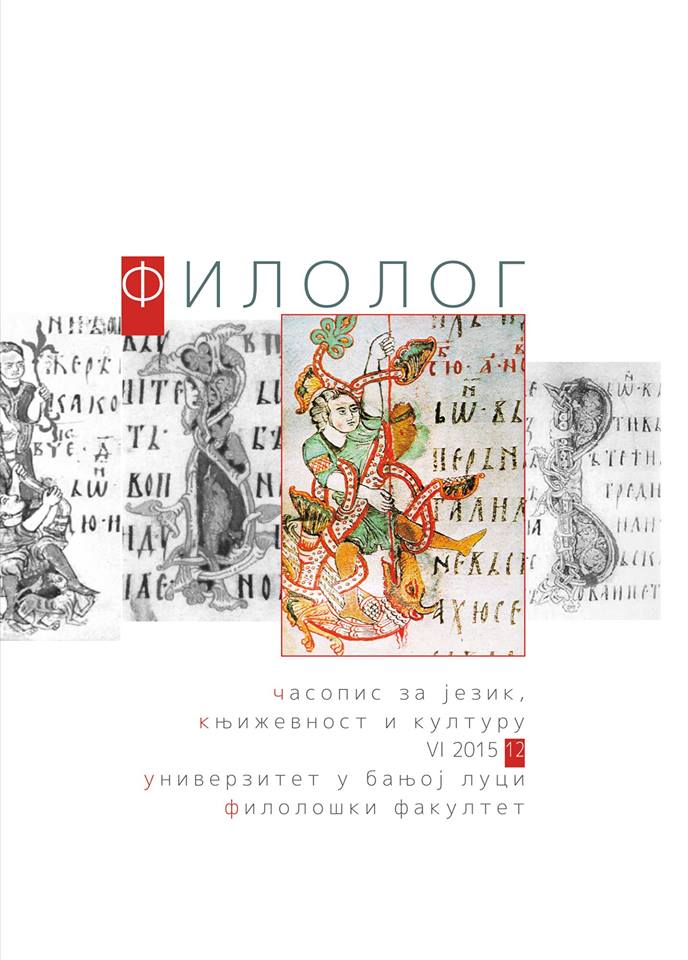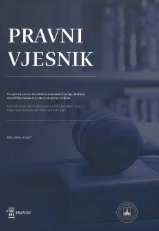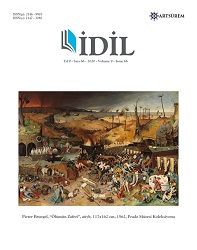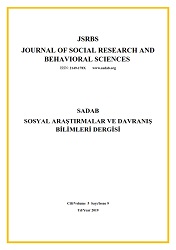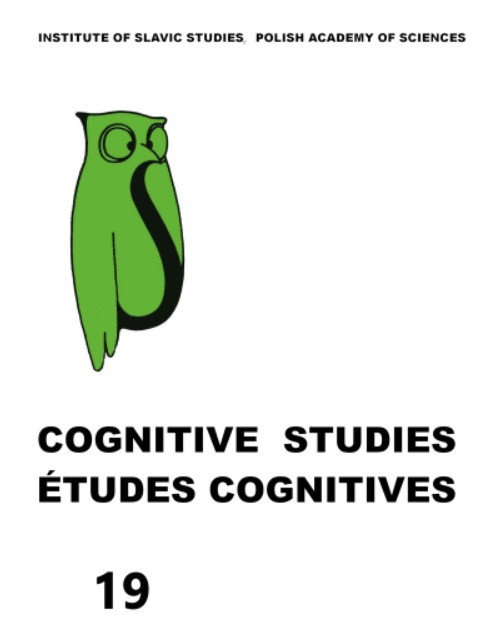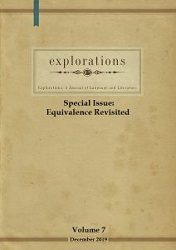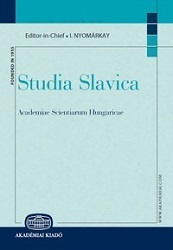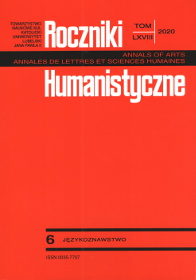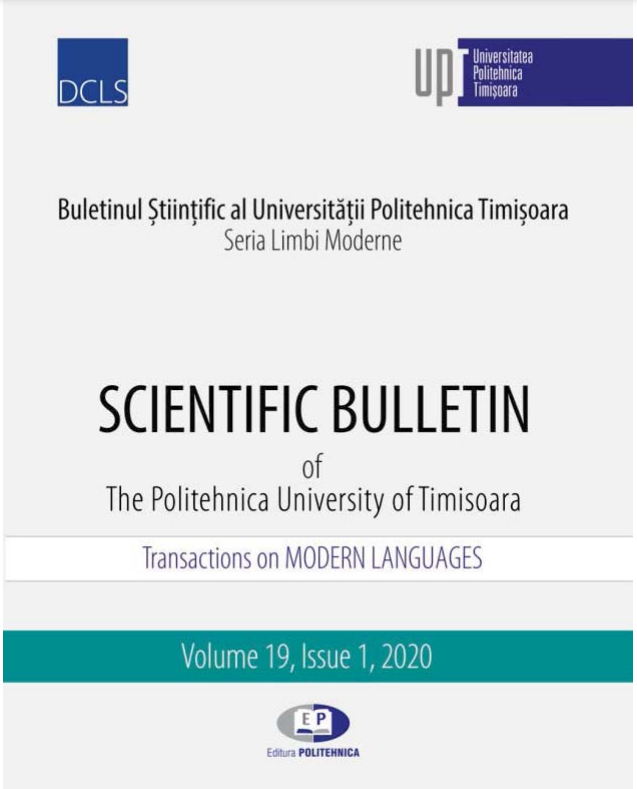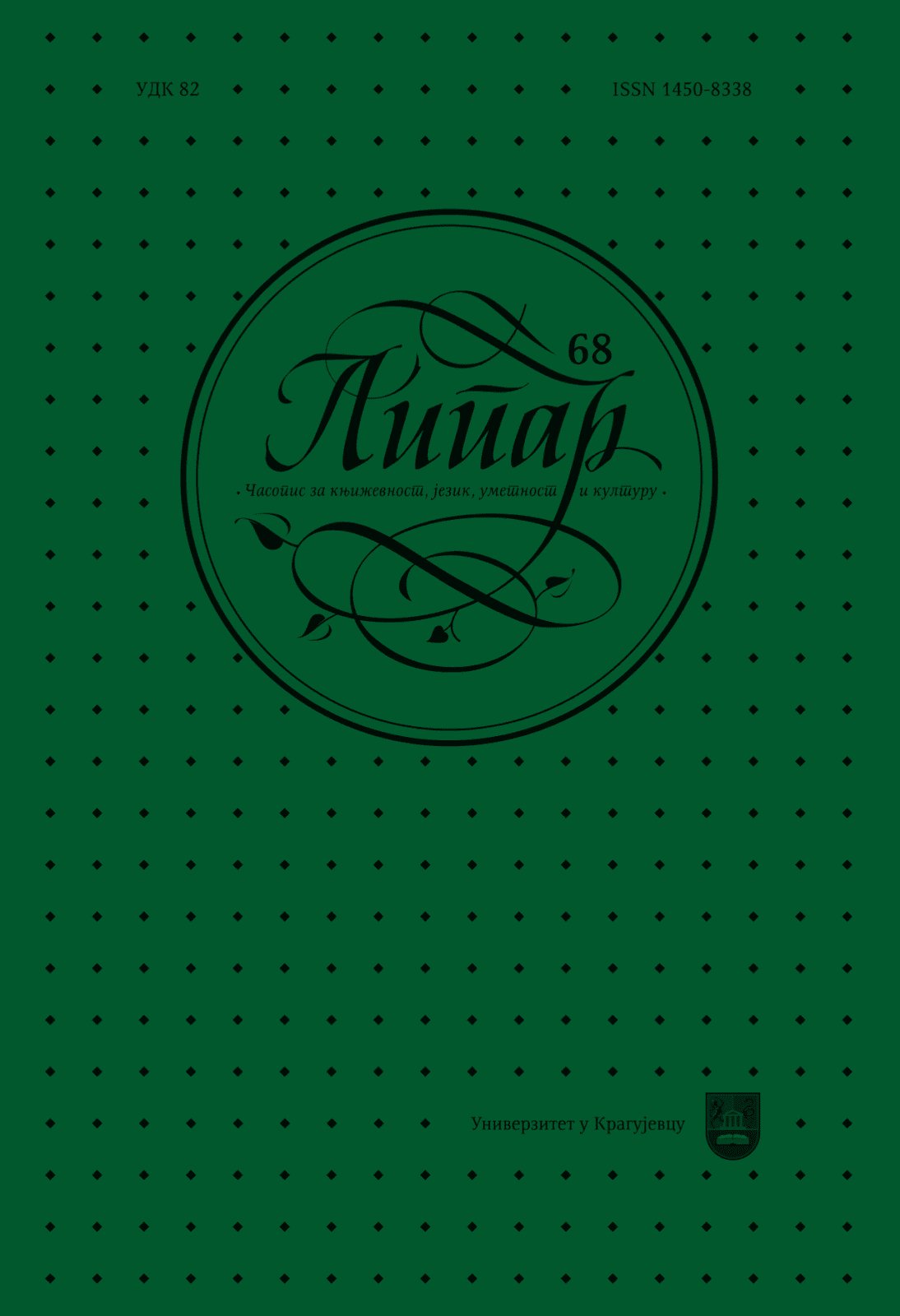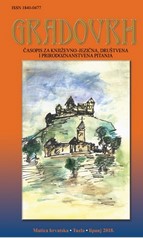Author(s): Irina Vladimirovna Kuznetsova / Language(s): Russian
Issue: 1/2019
The author discusses similes of southern Slavs (Bulgarians and peoples of the former Yugoslavia, i.e. Bosnians, Serbs, Croats, and Montenegrins) with a semantically similar component such as an anthroponym of Oriental origin. The author deals with both outdated similes and those that are actively used nowadays. Orientalisms usually include words belonging to different groups of Turkic as well as Iranian and Arab-Semitic languages. Historical events and language contacts contributed to the borrowing of thematically diverse Orientalisms by South Slavic languages. The result of the five-century domination of the Ottoman Empire in the Balkan Peninsula is borrowing from the Old Ottoman (Old Turkish) language, which became both the source language and (often) the intermediate language through which Arabisms and Persisms entered the South Slavic recipient languages. Therefore, in Bulgaria, the term Turkish-Arabic-Persian words is used to refer to this vocabulary. In addition to the Arab-Persian elements, the old Ottoman language is rich in borrowings from other languages (e.g. Greek). The term Turkish usually refers to the vocabulary of the old Ottoman rather than the modern Turkish language. Due to the vastness of anthroponyms of Oriental origin as a special genetic layer of South Slavic vocabulary, the author analyzes the expressions that denote a person in such aspects as intelligence, gender, and occupation. Oriental vocabulary penetrated into the languages of Southern Slavs mainly through oral spoken language. The degree of penetration of Turkish words into the languages of the peoples of Southern Slavia is different. The outcome of borrowings also varies: they either remained in the recipient languages as exoticism, or have been completely assimilated in them. During semantic adaptation in the language that accepts Oriental vocabulary, there is sometimes an expansion or contraction of the meaning of a word. Many of the Turkish words that make up the comparison became historicisms and entered the passive vocabulary and in the modern language they are not used because of the disappearance of the realities they denote (for example, words associated with the system of administration in the Ottoman era). Another reason for transition into the passive vocabulary in the Balkans is the process of replacing the original words. The paper defines the functional, semantic, and stylistic status of Eastern vocabulary in different social and cultural layers (standard languages and dialects) of South Slavic similes. Due to historical reasons, the greatest number of borrowings from the Turkish language as a part of similes is observed in Bosnia and Herzegovina as well as in Shtokavian dialects of Croatia. In addition to this, the author gives cultural, historical, and etymological comments to similes, analyzing the meaning of units and components that are parts of similes.
More...
